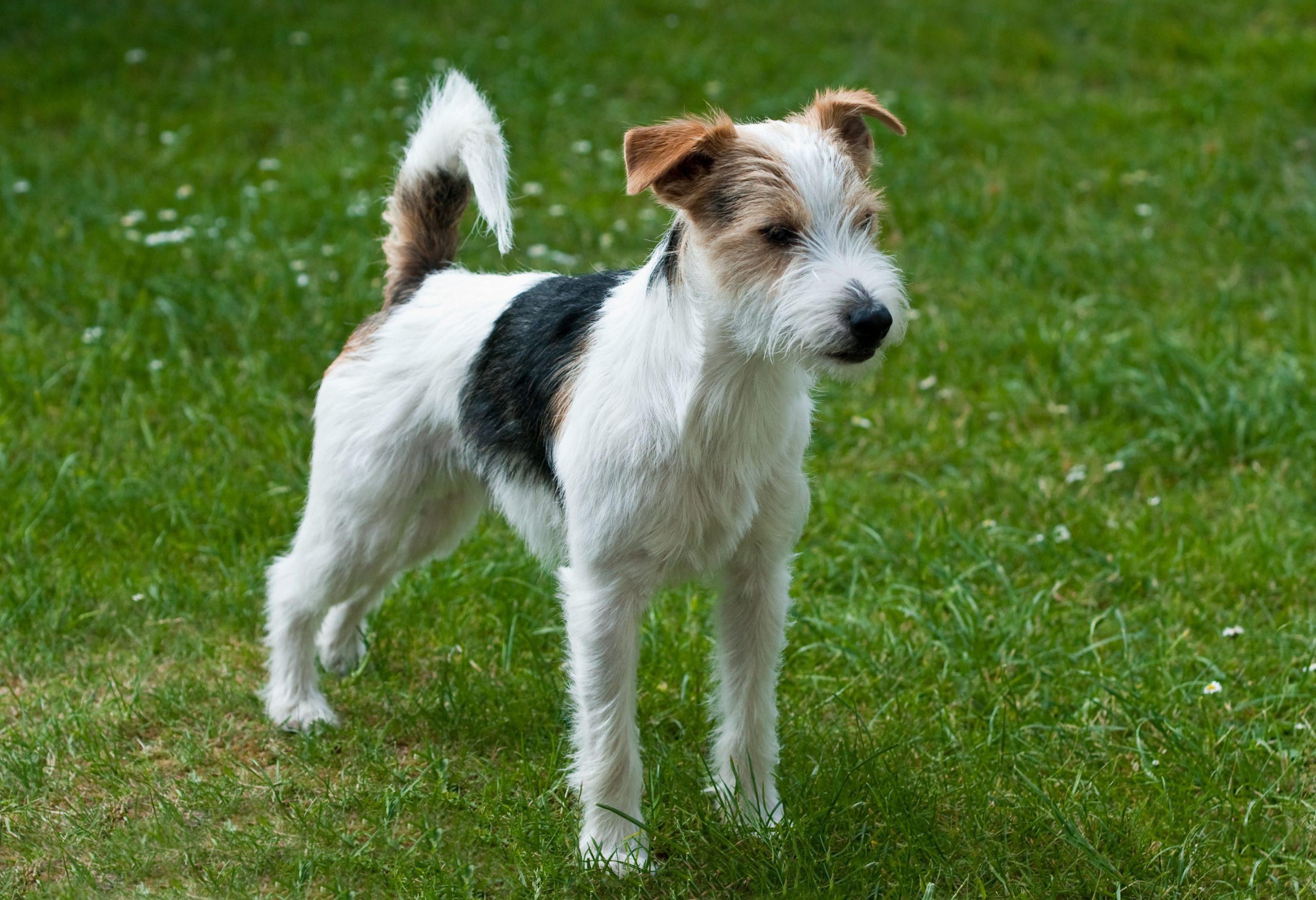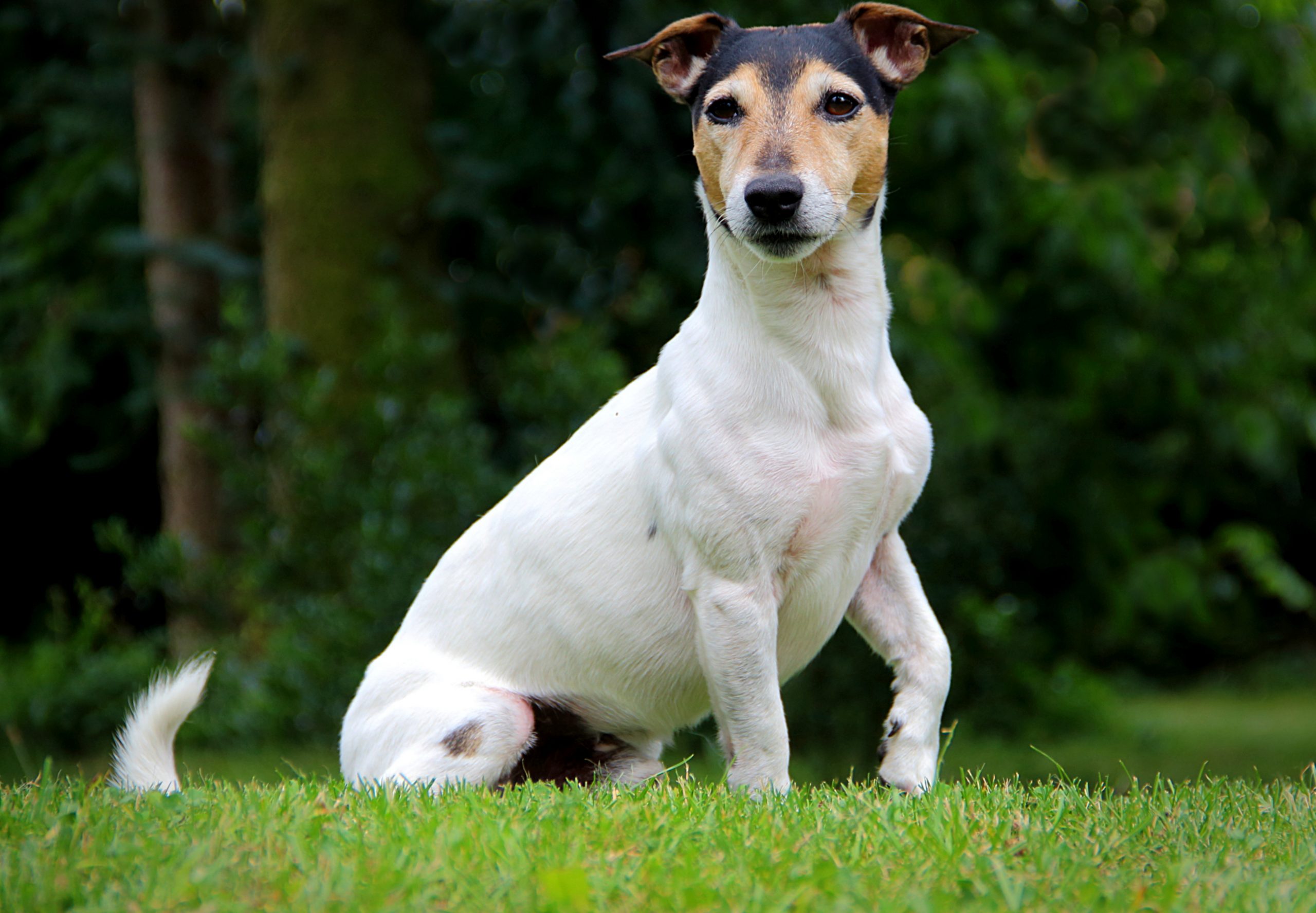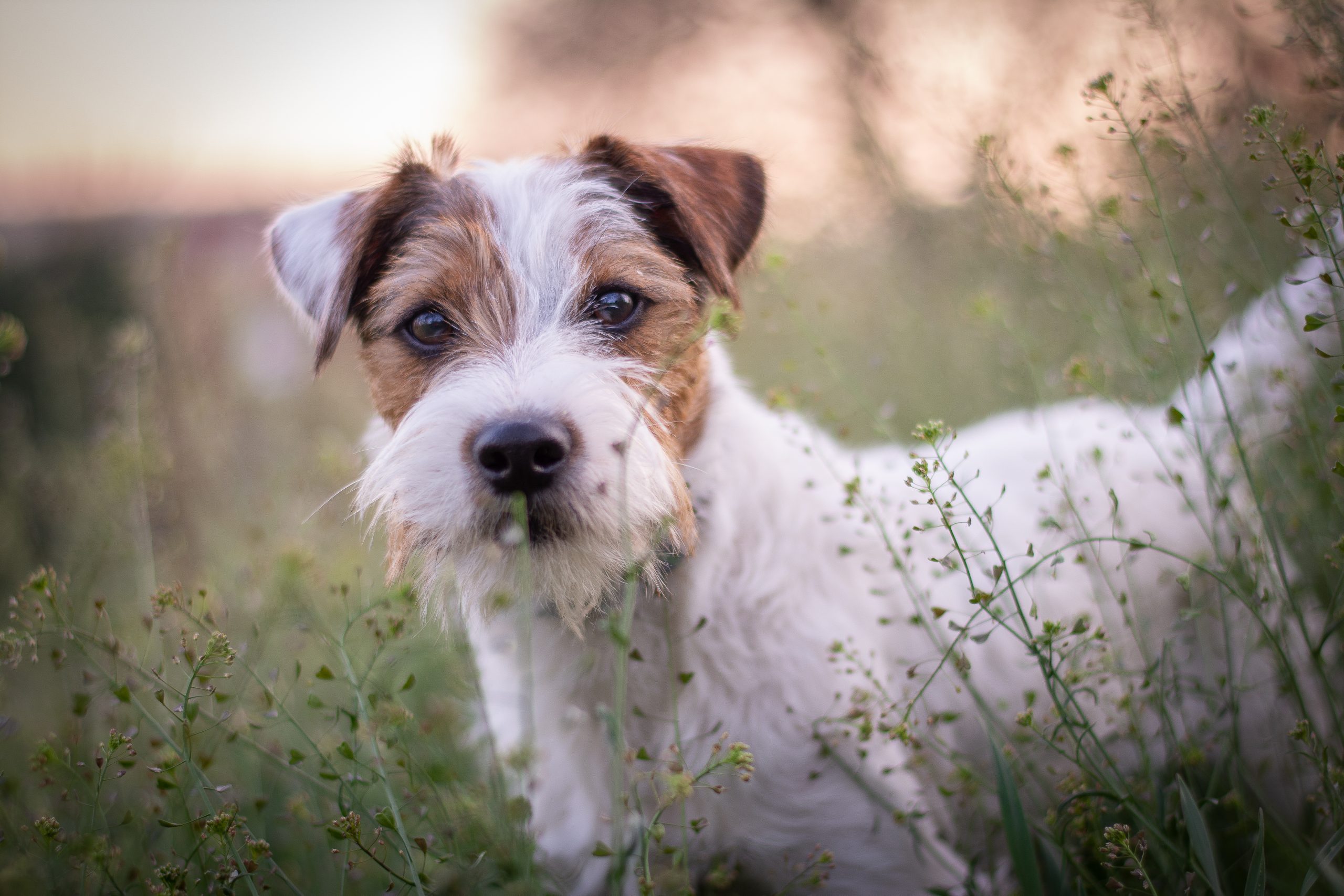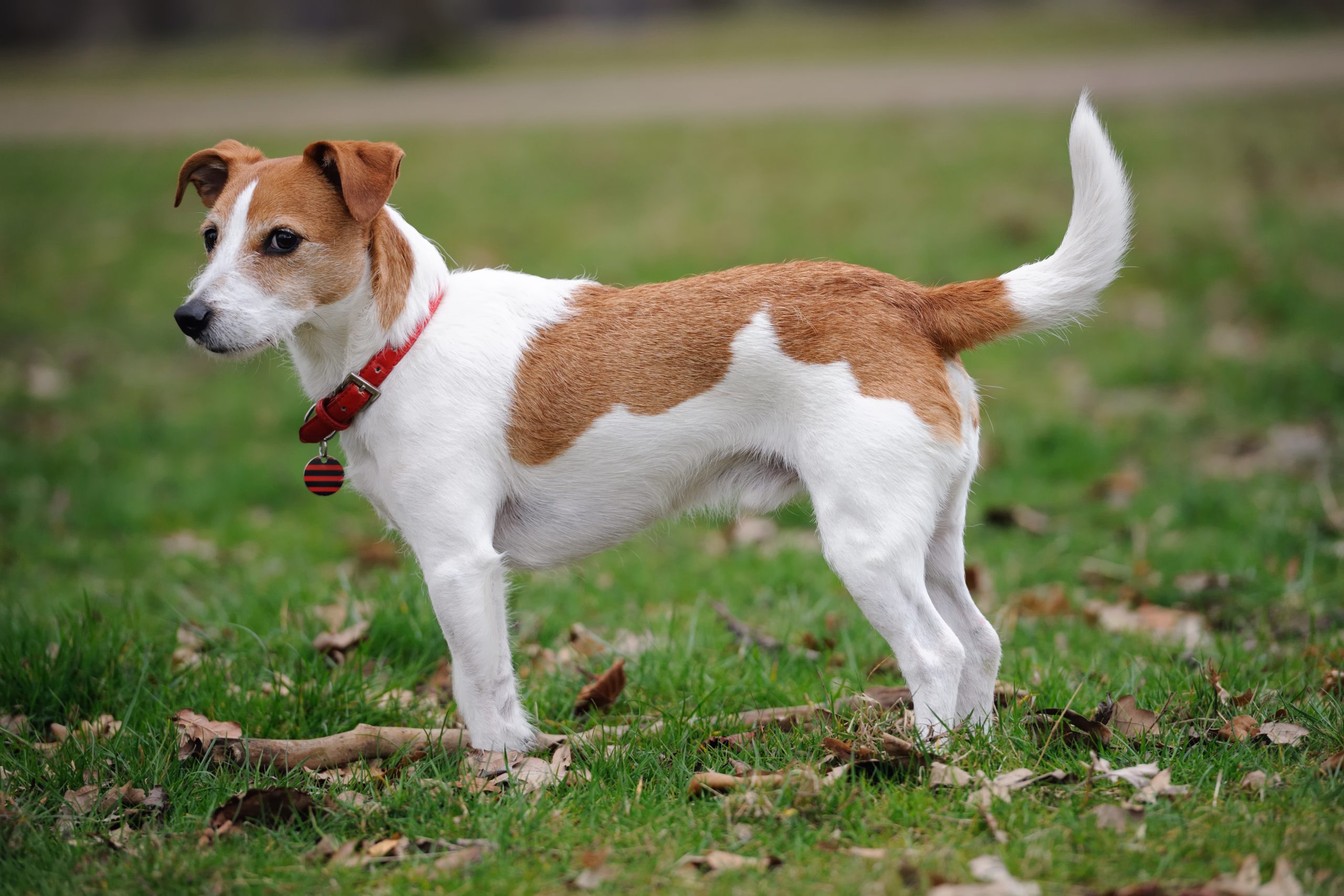Parson Russell Terrier
No products found which match your selection.
Shelter Dog Meal Donation Count:
No products found which match your selection.
The Parson Russell Terrier is a dynamo of energy, intelligence, and playfulness, making it a delightful companion for those who lead active lifestyles and can provide the stimulation and exercise these dogs crave. With their friendly and bold temperament, they fit well into various households, especially when their social and physical needs are met. Proper training and socialization are key to harnessing their zest for life and turning it into positive, enjoyable behaviors. In the right environment, a Parson Russell Terrier is more than a pet; they’re a joyous addition to the family, full of love, entertainment, and spirited companionship.
The Parson Russell Terrier is known for its high energy levels and requires plenty of exercise. They are excellent with children and other pets if socialized early. Their hunting instincts make them a natural fit for dog sports like agility and flyball.

Developed in the 19th century by Reverend John Russell in England, the breed was used for fox hunting. The breed was recognized by various kennel clubs in the late 20th century and has since gained popularity as both a working dog and a companion.




Generally healthy, Parsons can be prone to certain genetic conditions like patellar luxation and deafness. Regular veterinary check-ups and preventive care are essential.
Their coat type dictates the grooming needs; however, all Parsons require regular brushing, occasional baths, and routine nail trims to keep them looking and feeling their best.
A Parson Russell Terrier's high energy level necessitates daily physical and mental exercise. Activities like long walks, play sessions, and dog sports are ideal for keeping them engaged and content.
Early socialization and consistent training are crucial for this intelligent breed. They respond well to positive reinforcement and enjoy the mental stimulation that training provides.
A balanced diet tailored to their life stage, size, and energy level will support their overall health and vitality. Consultation with a vet can help determine the best feeding regimen.
The Parson Russell Terrier is an exemplary companion for the right person or family. Their boundless energy, intelligence, and affectionate nature make them a delightful addition to active households. With proper care, exercise, and training, the Parson Russell Terrier will not only thrive but become a cherished member of the family, offering loyalty, entertainment, and love in abundance.
Parson Russell Terriers are generally robust and healthy dogs, but like all breeds, they can be prone to certain health issues. Awareness and proactive health care can help ensure a long, healthy life for your Parson Russell Terrier. Here are some common health issues and recommended tests for this breed:
Regular veterinary check-ups and adherence to a preventive health care regimen can help detect, treat, or even prevent many conditions before they become serious. Along with these health screenings, a balanced diet, regular exercise, and dental care are crucial for maintaining the overall well-being of your Parson Russell Terrier. Early detection and treatment are key to managing health issues, so ensure your pet receives annual health screenings and consult your vet whenever you have concerns about their health.
The iHeartDogs Free Rx Discount Card Program is a pet prescription discount card that can help you save money on your furry friend’s medications. The card is free to sign up for, and you can use it at participating pharmacies nationwide. To use the free program, simply show the card to your pharmacist when you pick up your pet’s prescription. The pharmacist will then scan the card, and you will receive a discount on the price of the medication.LEARN MORE
Caring for a Parson Russell Terrier, like any dog, involves several types of expenses. The annual cost can vary depending on factors like your location, the dog’s health, and your personal choices regarding care and supplies. Here’s a breakdown of typical expenses:
Total Estimated Annual Cost:
$2550 - $5700
It's important to note that these figures are estimates and can vary. Also, the first year of owning a dog can be more expensive due to one-time costs like spaying/neutering, initial vaccinations, and training. Regular budgeting for your dog's needs and an emergency fund for unforeseen costs are essential for responsible pet ownership.